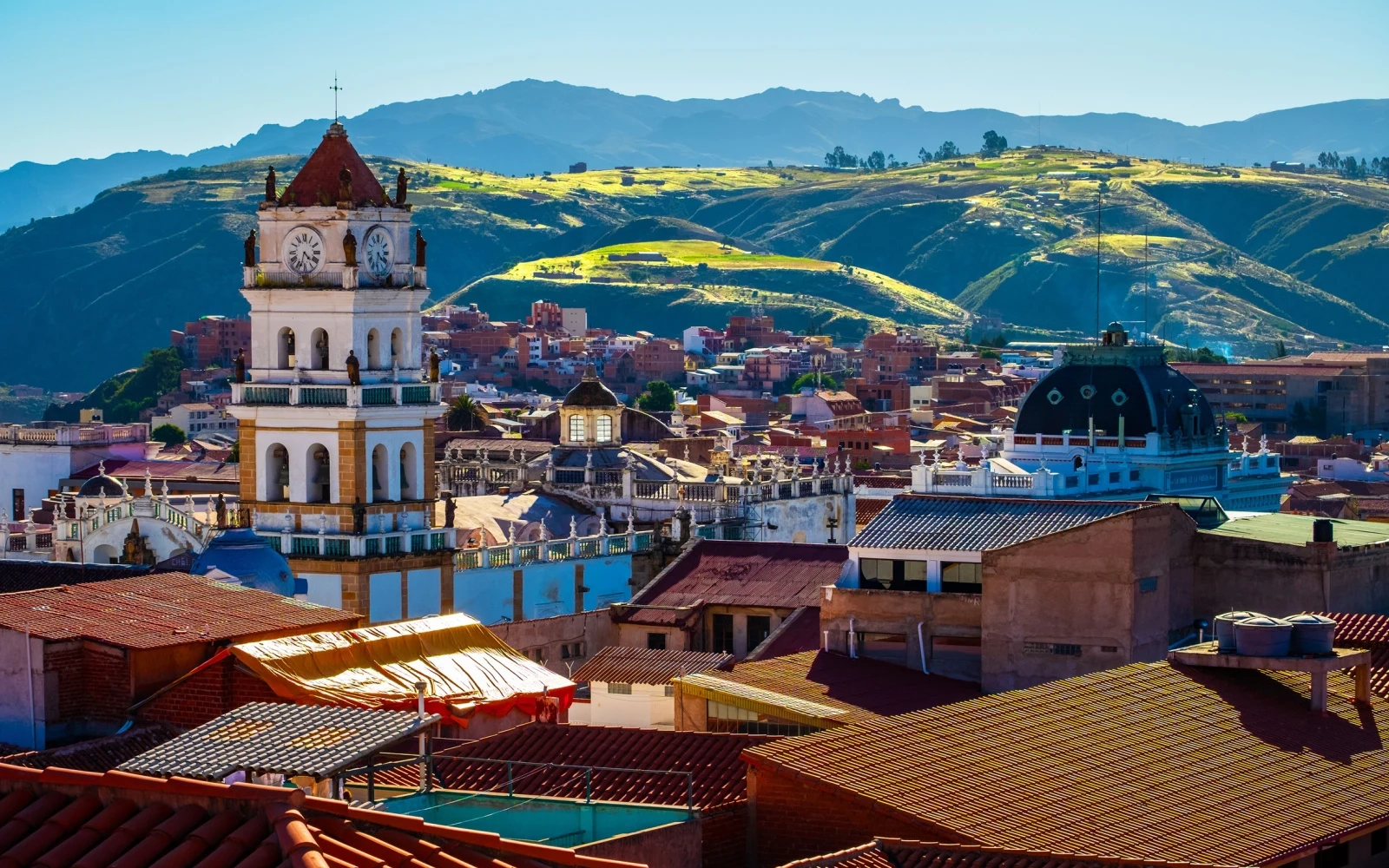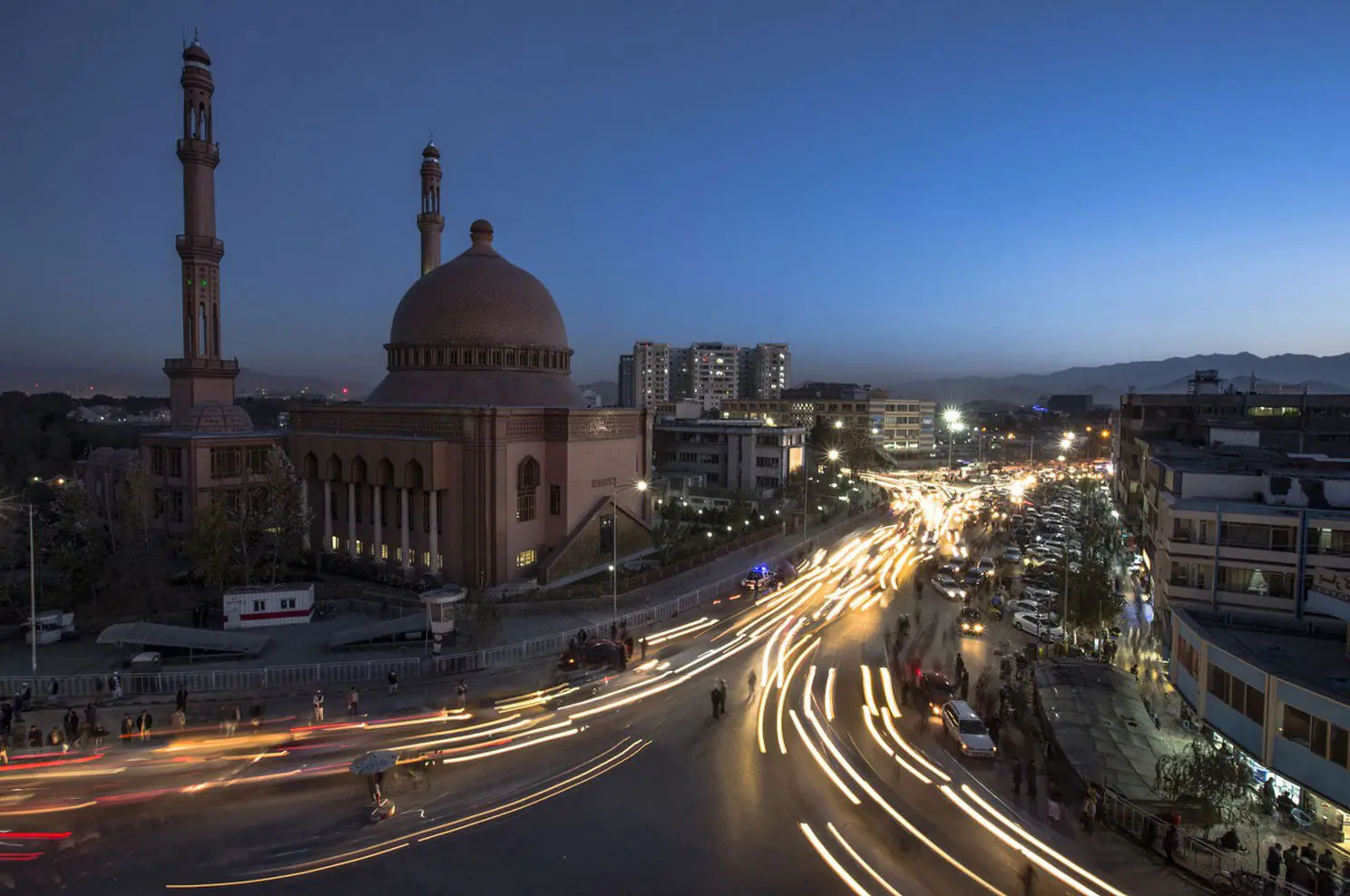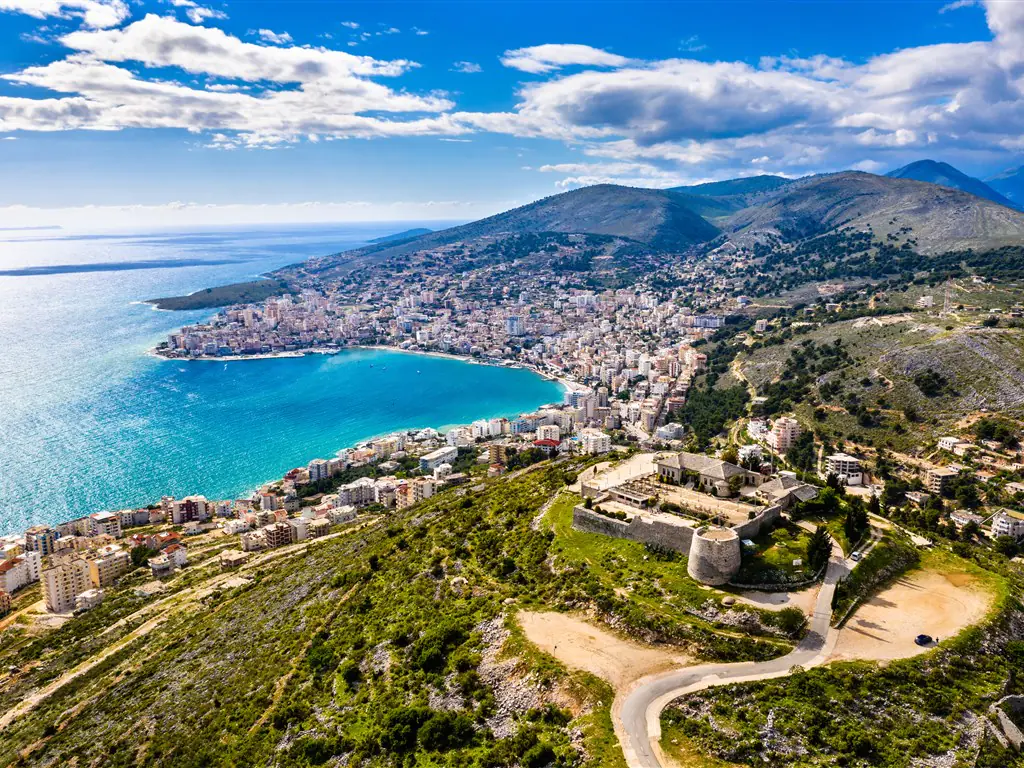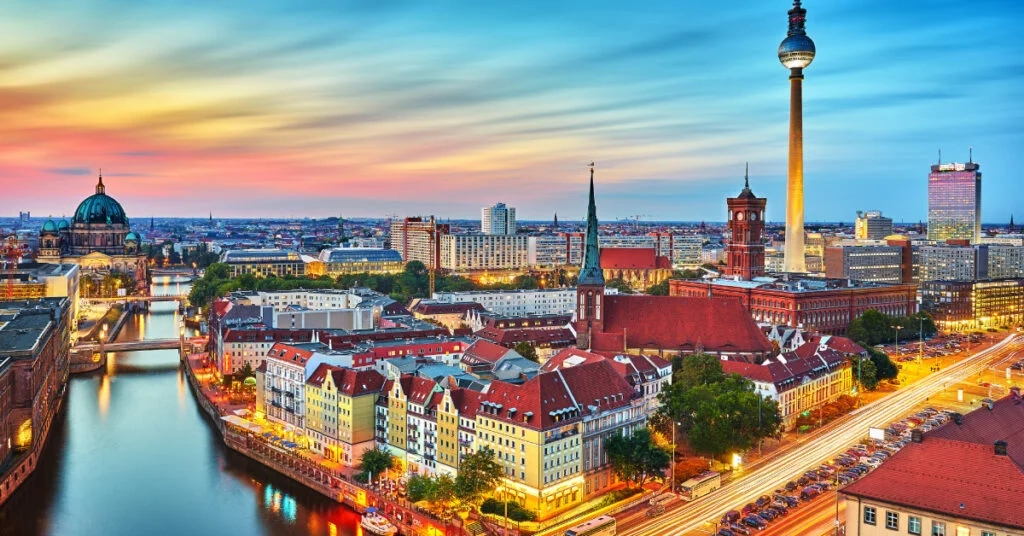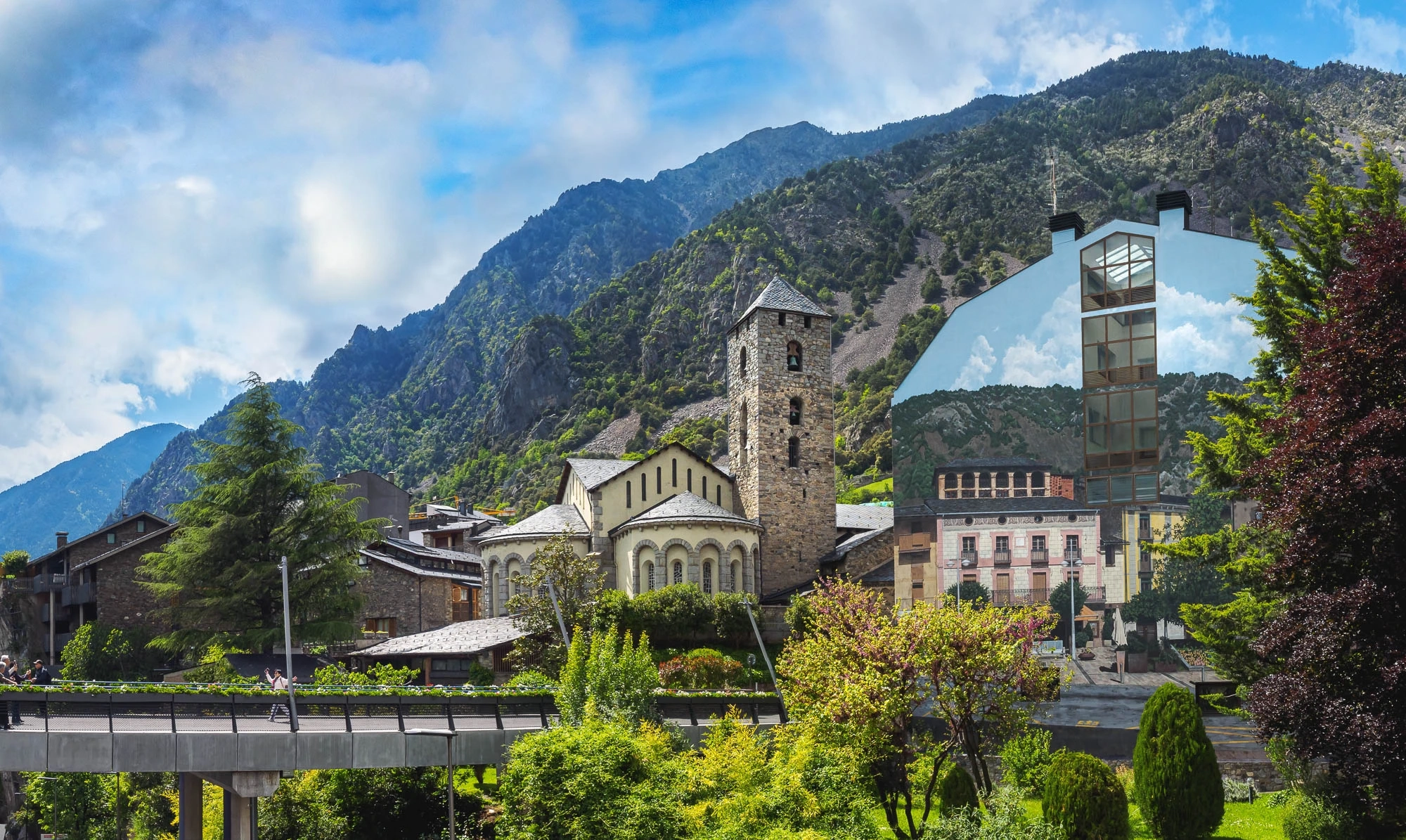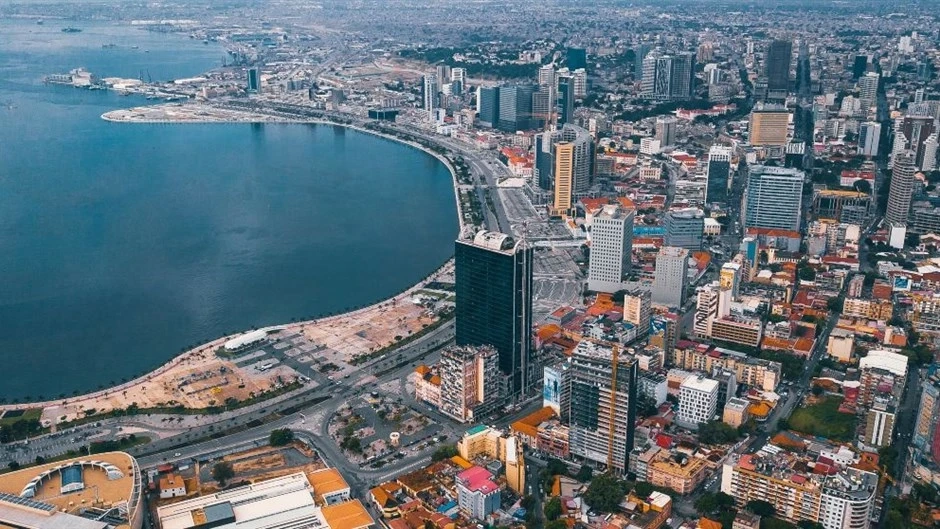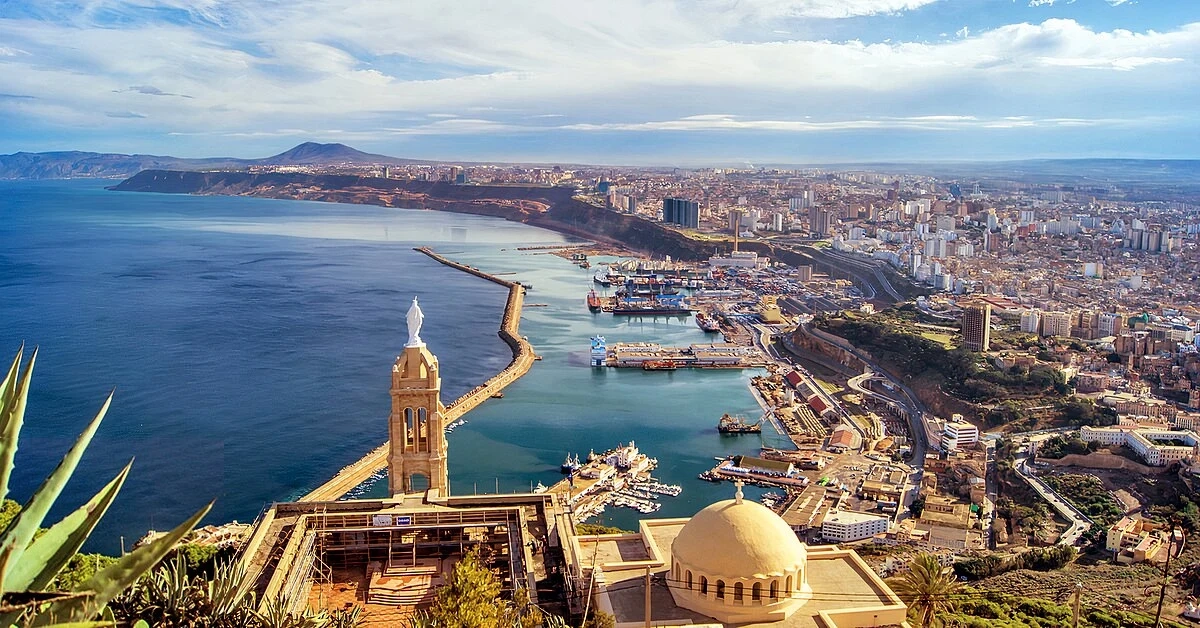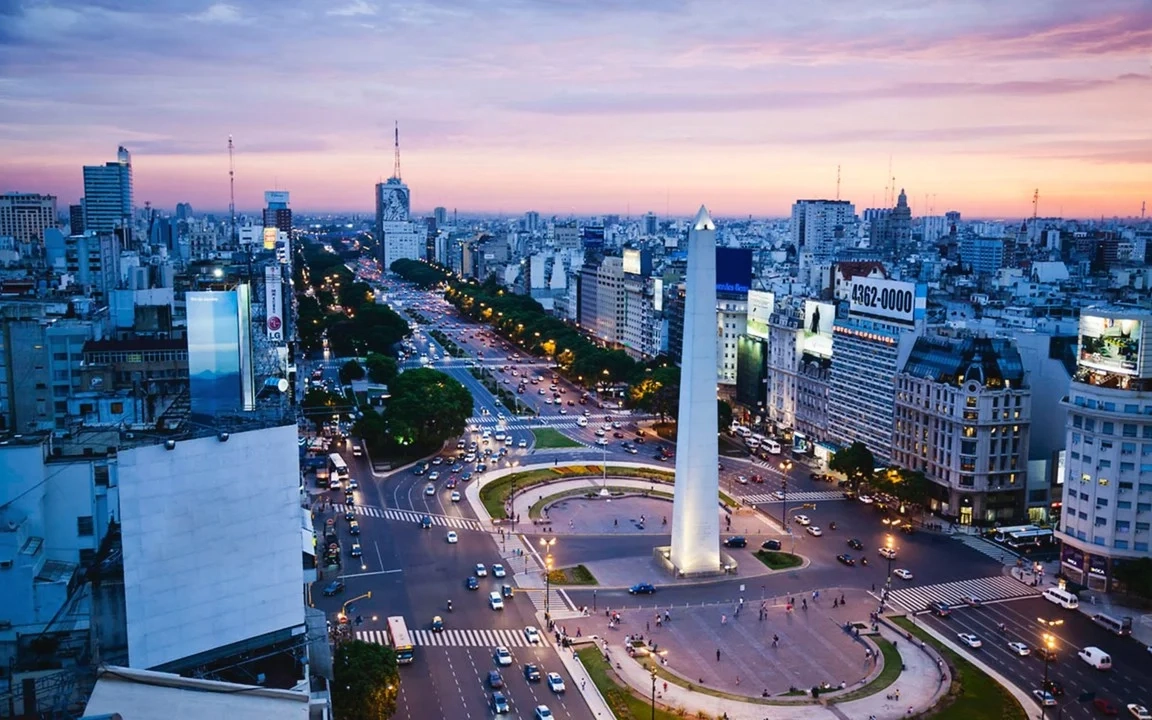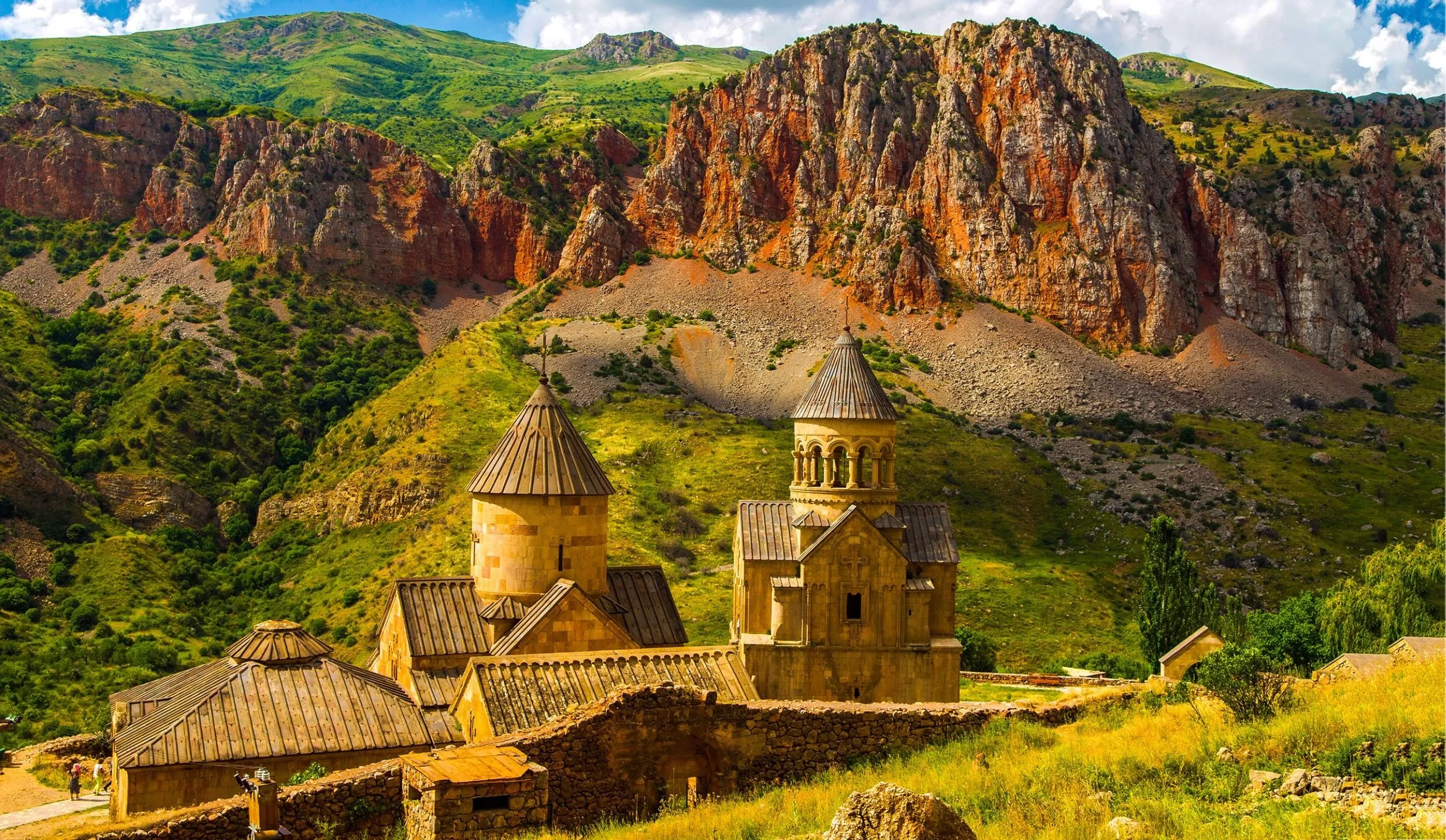1. Mining Engineer: Bolivia has a significant mining industry. Mining engineers, responsible for overseeing mining operations, may earn salaries ranging from $15,000 to $30,000 per year.
2. Medical Professional (Doctor or Physician): Doctors and physicians, especially those in specialized fields, can earn varying salaries. General practitioners might earn between $15,000 and $40,000 annually.
3. Software Developer/IT Professional: As technology continues to play a crucial role, software developers and IT professionals are in demand. Salaries can range from $10,000 to $30,000 annually.
4. Engineer (Civil, Electrical, Mechanical, etc.): Engineers in various fields can earn salaries ranging from $15,000 to $40,000 annually, depending on their expertise and level of experience.
5. Tourism and Hospitality (Hotel Manager, Tour Guide): Bolivia's tourism sector has been growing. Salaries in tourism and hospitality can vary, with hotel managers potentially earning between $10,000 and $30,000 per year.
1. Working Hours: The standard working week in Bolivia is typically 48 hours, with 8 hours per day.
2. Vacation: Employees in Bolivia are generally entitled to annual paid leave. The duration of paid vacation can vary based on the length of service.
3. Public Holidays: Bolivia observes several public holidays, and workers are generally entitled to take these days off. Some of the major public holidays include New Year's Day, Labor Day (May 1st), Independence Day (August 6th), and Christmas Day.
4. Maternity Leave: Female employees in Bolivia are entitled to maternity leave. The duration of maternity leave and related benefits may be outlined in labor regulations. It's common for maternity leave to be fully or partially paid.
- Minimum Wage: The minimum wage in Bolivia was around 2,164 Bolivianos per month. This figure is approximate, and changes could have occurred.
- Average Wage: The average wage in Bolivia varies across industries and regions. In urban areas and certain sectors, the average wage may be higher than the minimum wage.
1. Government Initiatives:
The Bolivian government has implemented initiatives to support entrepreneurship, providing programs, incentives, and resources for startups and small businesses.
2. Startup Culture:
Bolivia has experienced a rise in startup culture, particularly in urban areas. Young entrepreneurs are actively pursuing innovative ideas in diverse sectors, contributing to the overall economic landscape.
3. Social Entrepreneurship:
Social entrepreneurship is gaining traction in Bolivia, with businesses aiming to address social and environmental issues while maintaining financial sustainability. This aligns with a growing global trend toward socially responsible business practices.
4. Challenges and Opportunities:
Entrepreneurs in Bolivia face challenges such as access to financing, bureaucratic hurdles, and infrastructure limitations. However, these challenges also present opportunities for innovative solutions and business models.
1. Santa Cruz de la Sierra:
Economic Hub: Santa Cruz is the country's economic powerhouse, known for its dynamic business environment and robust economic activities.
Agribusiness: The city is a key player in agribusiness, with a focus on agriculture, cattle farming, and food processing.
2. La Paz:
Administrative Capital: As the administrative capital, La Paz houses government offices and international organizations.
Financial Services: It serves as a financial hub with a growing financial and banking sector.
3. Cochabamba:
Strategic Location: Cochabamba is strategically located in the center of the country, making it a transportation and logistics hub.
Manufacturing: The city has a strong manufacturing sector, including textiles and food processing.
4. Sucre:
Legal and Constitutional Capital: Sucre is the constitutional capital and has a historic significance.
Education: Known for its universities, Sucre has a strong educational presence, making it attractive for businesses related to education and research.
